The Orthodox Saints on the Belgian land - the Saints next to us
The Saints are never in a hurry. Their time is unknown and their work is unseen. They have their own mysterious plan and mission. Some remain hidden for centuries only to be revealed afterwards.
Beyond being the right faith and the right worship of God, Orthodoxy is also about the conveyance of faith, the continuation of sainthood. To live in an Orthodox way means to make yourself part of this continuity and to year to respond to this call - the call to join the Saints. Any distortion of this understanding inevitably leads, from a Christian perspective, to an existential failure.
As an Orthodox community living in a mainly Catholic country (theoretically speaking), we sometimes have the impression of being uprooted, of being separated from our Tradition and from the Saints of our land. But, for a reason known by God alone, we have to live our faith in these places that were blessed with so much sainthood a long time ago, when the Church was one, before the Schism of 1054.
We do not know the mystery of why the saints of these lands have kept a profound silence, but it is certainly our duty to research and look into their lives. These are the Saints next to us, which we do not see nor hear, since we do not know them. Let us strive to discover their lives, to follow their example, to understand God’s work with them and with us.
There is an old saying that the Saints choose us. Why have the Saints of these lands chosen us? What responsibility are they calling us to? What life? In order to freely reflect on the answer, we will start from another question: who are the Saints of these lands? In this chapter, we try to present small sketches about the lives of the Saints next to us, as an invitation to wipe away the dust of centuries of oblivion. Through the pilgrimages we hope to organize, we will try to follow in their footsteps, if only in a literal sense in the beginning.
|
|
|
|
|
|
|
|
|
|
|
|
|
|
|
Prezenta traducere este publicată cu acordul autorului volumului Saints et saintes de la Belgique au premier millénaire, J.P. Hamblenne
© Parohia « Toţi Sfinţii », 2012
Reproducerea este autorizată cu condiția menționării sursei
Vedrin, Belgia, 2012




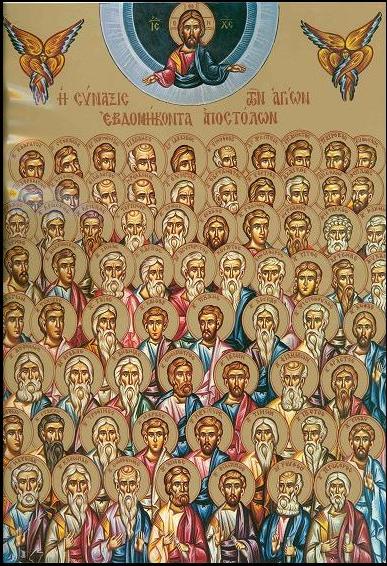
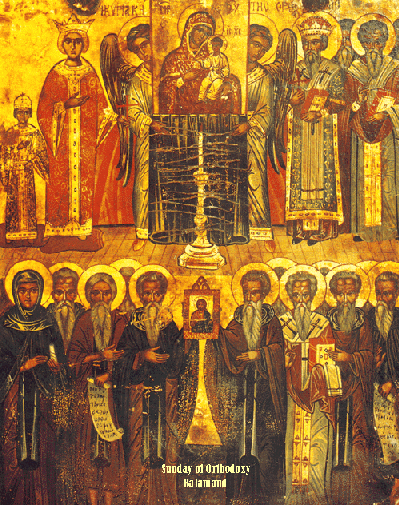
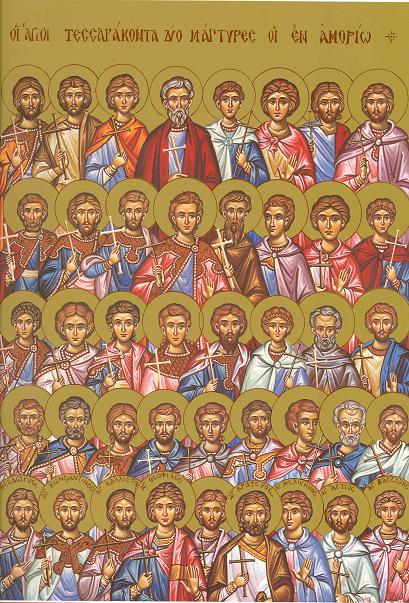
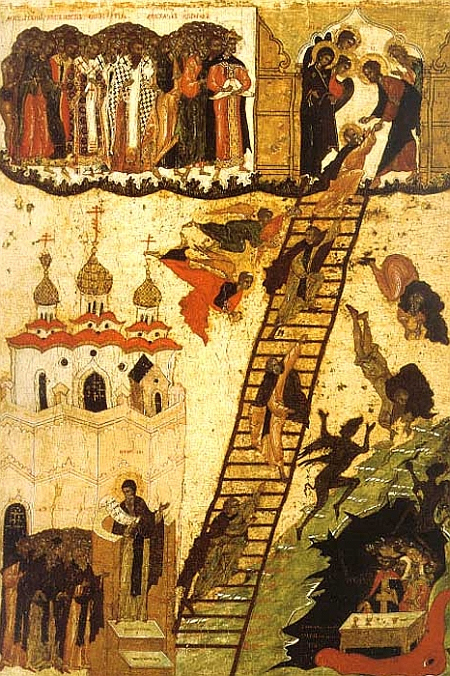
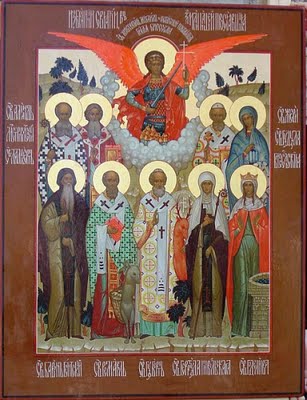
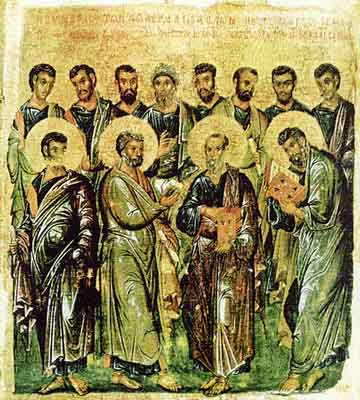
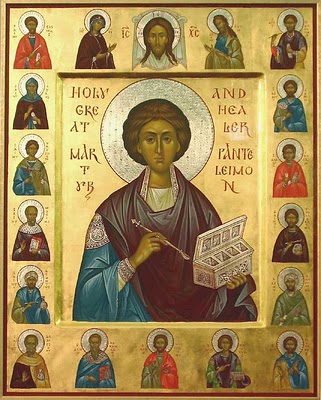
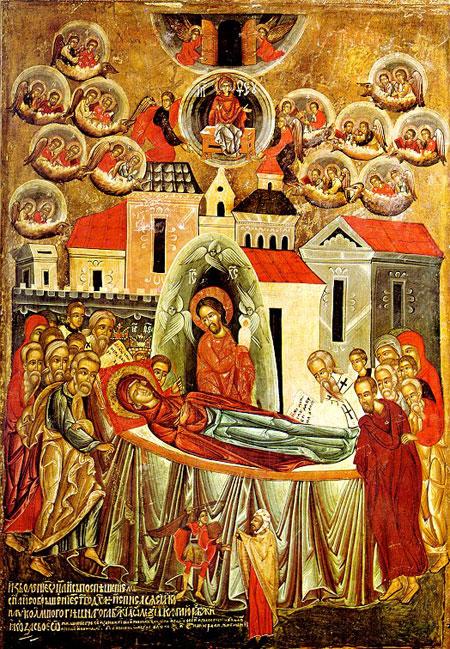
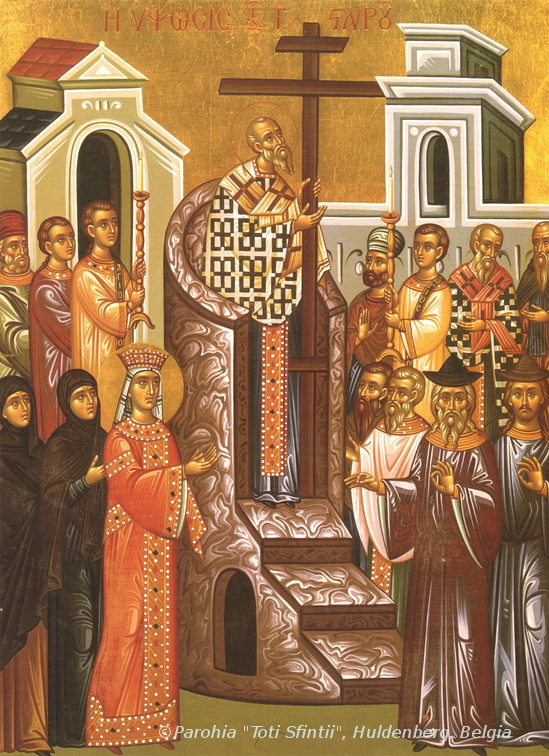
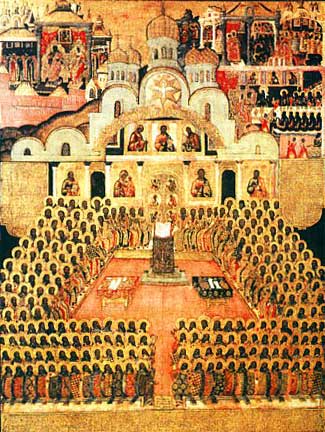
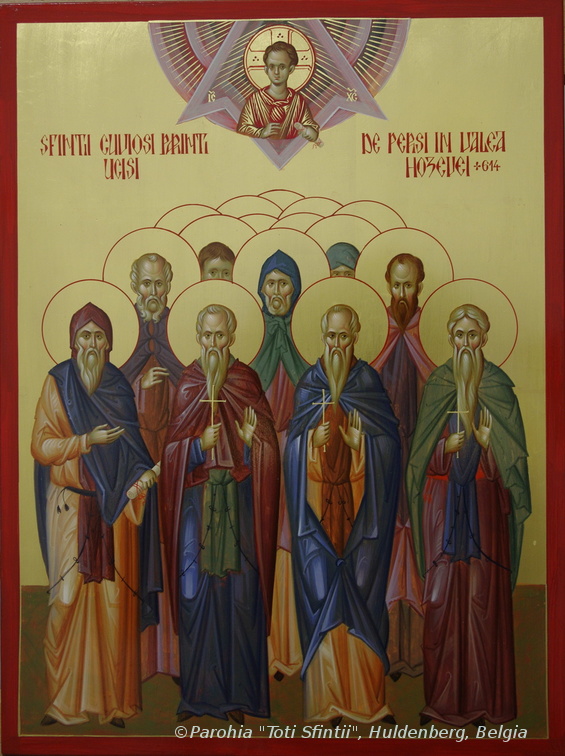
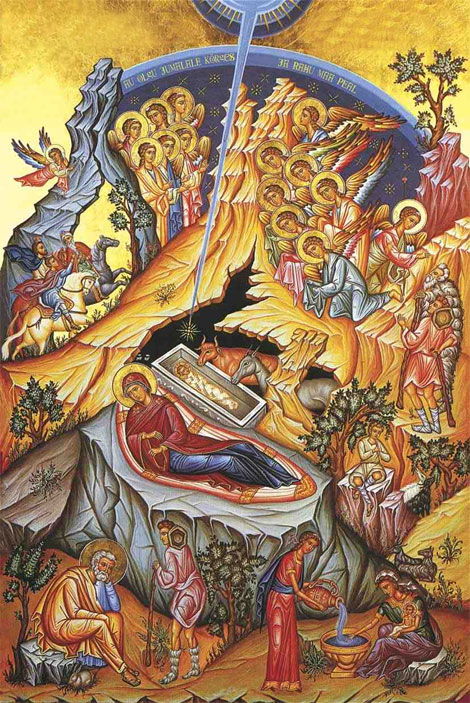
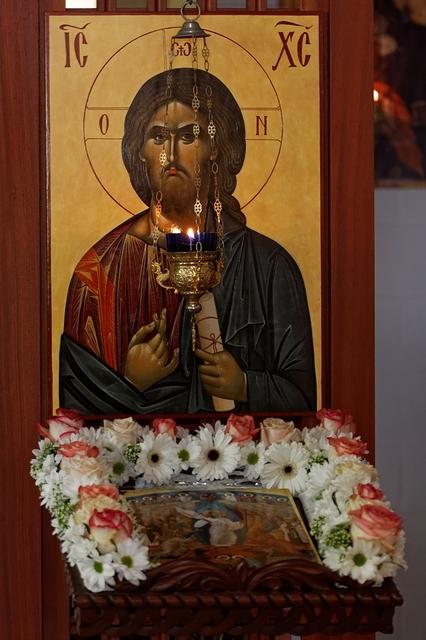 “I have lived for 30 years next to Father Sophrony. For 30 years, whenever I would hear him speak or whenever I would read his writings, I wished for the whole world to hear those words. But of course, being born on this soil and being part of the Romanian people, I was first and foremost thinking: Oh, if these words could only be heard in Romania! I do not know why … I did not know much about the Church when I left Romania, but I felt that what we heard from the Father was rare, something of quality that would win over your soul, even to your very bones, something that we had not heard from others, not heard from anywhere”, Father Rafail Noica was saying at a conference in Cluj.
“I have lived for 30 years next to Father Sophrony. For 30 years, whenever I would hear him speak or whenever I would read his writings, I wished for the whole world to hear those words. But of course, being born on this soil and being part of the Romanian people, I was first and foremost thinking: Oh, if these words could only be heard in Romania! I do not know why … I did not know much about the Church when I left Romania, but I felt that what we heard from the Father was rare, something of quality that would win over your soul, even to your very bones, something that we had not heard from others, not heard from anywhere”, Father Rafail Noica was saying at a conference in Cluj.